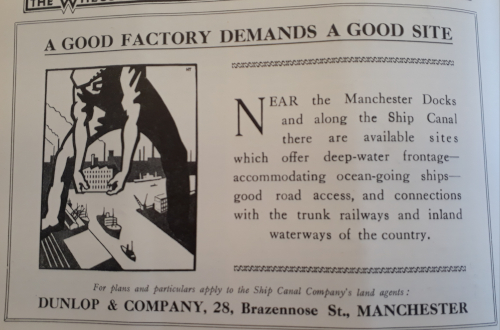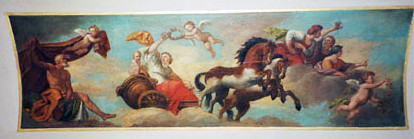The Energy Institute (EI) is a not-for-profit chartered professional membership body bringing together expertise to tackle urgent global energy challenges. The EI’s ambition is that energy, and its critical role in the world, is better understood, managed and valued. The EI’s work benefits both energy professionals and the wider society. Today, the field of energy underpins our global economy. Diverse technologies and their supply chains provide high-skilled, well-paid employment for millions of people globally, benefiting almost every part of daily life for billions of others.
The EI was formed in 2003 when the Institute of Petroleum and the Institute of Energy merged to form the Energy Institute (EI). The Institute of Petroleum was formed in 1913 as The Institution of Petroleum Technologists, while Institute of Energy was founded in 1925 as the Institution of Fuel Economy Engineers. The historic holdings of the EI library reflect the development of these parent institutions which trace the economic and scientific development of the energy industry.
As the Knowledge & Information Manager, my team and I are privileged to look after a unique energy-based library at a point in history when energy and the environment are vitally important areas of research. The EI Library, which is in New Cavendish Street in central London, holds an extensive collection of material on the energy industries ranging from oil exploration to petrol retailing, nuclear energy to renewables, and technical standards to business literature. This diverse collection dates from the mid-19th century to the present day. As well as the physical library, we also have an extensive e-library which members can access remotely. Our e-library consists of up-to-date energy related research which includes over 200 e-books and more than 3.8 million records on energy and the environment.
One of my favourite items in our collection is a bit of an oddity. It is an advert for the sale of land for use as factories next to the Manchester Ship Canal. The advert appeared in the Petroleum Times on 4th February 1933 (the Petroleum Times is one of many historic trade publications we hold at the EI library). This image is visually very striking and shows a giant worker placing a factory on the banks of the canal. Not only is this a fantastic piece of commercial art, clearly inspired by the radical art movements of the 1930s, but it also perhaps could be the inspiration for the famous logo of the Manchester based record label, Factory Records. Perhaps…

The most recent project the library team helped to develop was the EI podcast, Energy in Conversation. This podcast aims to be “a plain-speaking, thought-provoking look into our energy future, through the eyes of the people leading the way. Join the Energy Institute’s Deane Somerville to hear about tough challenges and big ideas on our journey to a low carbon world.” This is essential listening for anyone interested in energy and environment issues.
All visitors are welcome to the library for free. Non-members can use the space as a reference library, while EI members are able to borrow collection items. Library facilities include borrowing items and inter-library loans; research and workspaces; Wi-Fi access and visitor computer; access to our collection of periodicals; photocopying, printing and scanning facilities.
Sadly, our physical library is currently closed to visitors due to COVID-19. The EI library is based at the Energy Institute, 61 New Cavendish Street, London, W1G 7AR, and our opening hours are 9.15 am – 5.00 pm, Monday to Friday, except Bank Holidays. However, the Knowledge Service is still answering queries via email, or via live chats during working hours (09:15-17:00 GMT). Our e-Library is always available to members for full-text access to over 200 e-books and millions of articles. Thank you for your patience.
Another great reason to visit the library when we re-open is to see our amazing painted ceiling dating from 1777, complete with chariot and mythical beasts! As an aside, the architect Sir Alfred Waterhouse, who designed the Natural History Museum, used 61 New Cavendish Street as his London practice and home from the 1860s. There is a blue plaque in his honour on the front of the building.

Ian Moore, EI Knowledge & Information Manager
Explore the Energy Institute Library’s collections on Library Hub Discover
- Browse their records here.
- Find out more about the library, including full contact details, on their Discover information page.
Copyright: All images © the Energy Institute, 2020.

